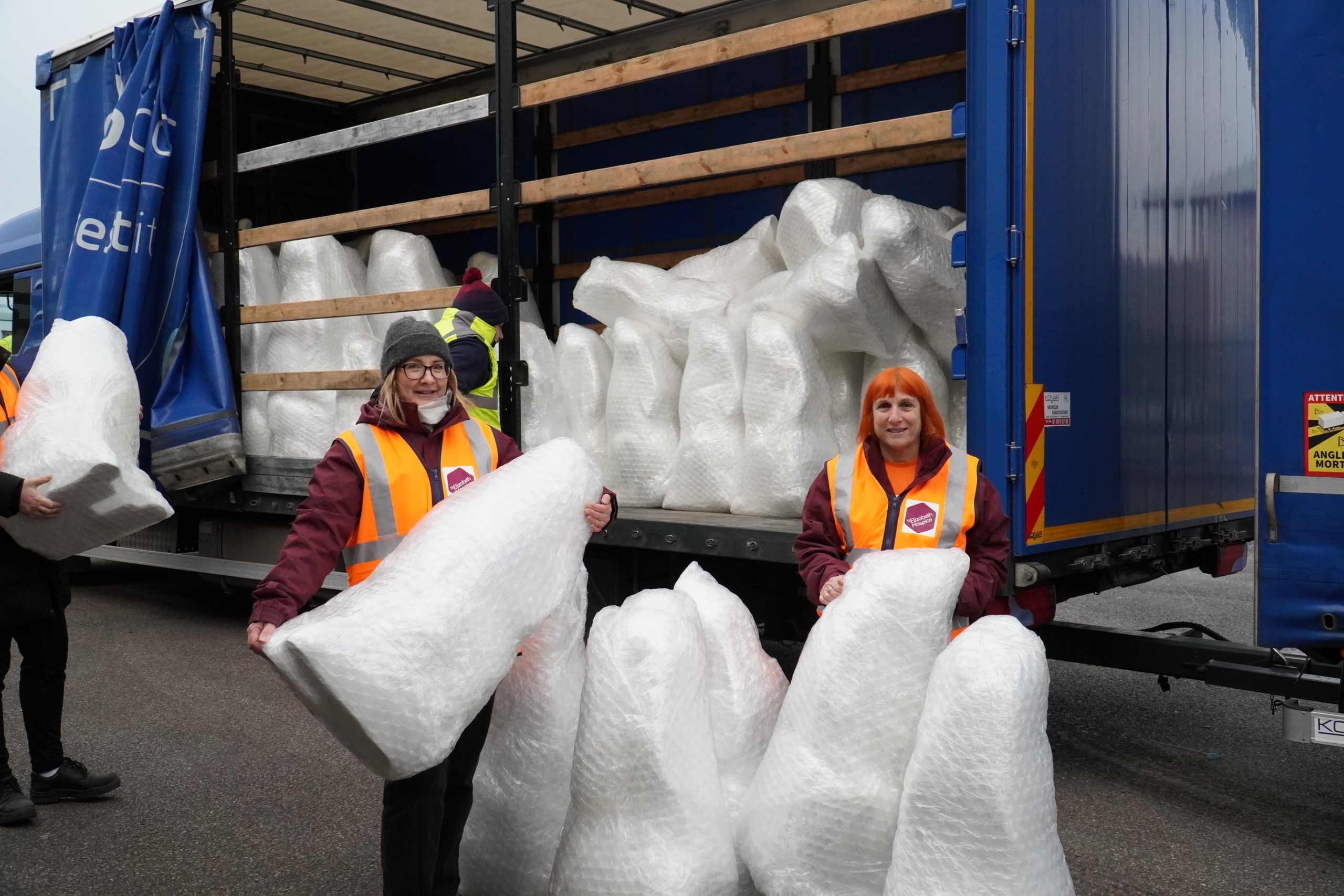What UK Importers and Exporters Need to Know in 2025
As global trade continues to shift in response to political and economic pressures, businesses across the UK are beginning to feel the effects of a significant rise in protectionist tariffs worldwide.
While the UK is not directly imposing new tariffs at this time, these global changes are having a clear impact on UK customs clearance processes and international supply chains. In this article, we explore what’s driving these changes, what they mean for UK importers and exporters, and how businesses can best prepare.
A Global Surge in Protectionist Tariffs
Earlier this month, several key economies introduced new tariffs as part of an escalating trend towards protectionism:
- The United States announced fresh tariffs on electric vehicles and battery components from China.
- China responded by tightening export controls on rare earth materials and increasing tariffs on some Western goods.
- The European Union introduced provisional duties on certain Chinese solar panels and steel products.
This rise in trade barriers is already creating challenges for supply chains, increasing scrutiny at borders and causing delays in customs clearance globally.
What This Means for UK Customs Clearance
Although the UK is not currently part of these direct tariff disputes, the consequences are already being felt across UK ports and customs procedures.
- Increased Focus on Rules of Origin – UK customs authorities are placing greater emphasis on verifying product origin. Goods moving through complex supply chains, particularly where components pass through the EU or Asia, may now face closer inspection. Clear and accurate Rules of Origin documentation is more critical than ever to avoid delays and ensure goods continue to benefit from preferential duty rates.
- More Customs Holds and Inspections – We are already seeing an increase in customs holds and secondary inspections at UK borders, especially for products like automotive parts, electronics, EV batteries, steel, and solar components. Importers should plan for potential disruption and ensure all declarations and supporting documents are thoroughly prepared to minimise clearance delays.
- Rapid Changes to Tariff Classifications – As global tariff schedules shift, UK commodity codes and classifications are likely to change quickly in response. Importers and exporters should regularly check updates to the UK Global Tariff (UKGT) to ensure correct classifications and duty rates are applied.
- Potential UK Policy Adjustments – If the UK market begins to experience surges of displaced goods (such as surplus steel from markets impacted by US and EU tariffs), the UK Government may introduce its own protective measures or additional customs checks in response.
- Supply Chain Shifts – Some businesses may now look to diversify their sourcing strategies to suppliers in lower-risk countries, which may in turn lead to changes in shipping routes and port selection within the UK.
How George Baker Shipping Can Help
At George Baker Shipping, we specialise in supporting businesses through complex customs environments. Our experienced customs clearance team is here to guide you through these changes and help ensure your goods move smoothly, efficiently, and compliantly.
If you would like to discuss how these global tariff developments may impact your shipments, or if you require assistance with your customs clearance processes, we are here to help.





